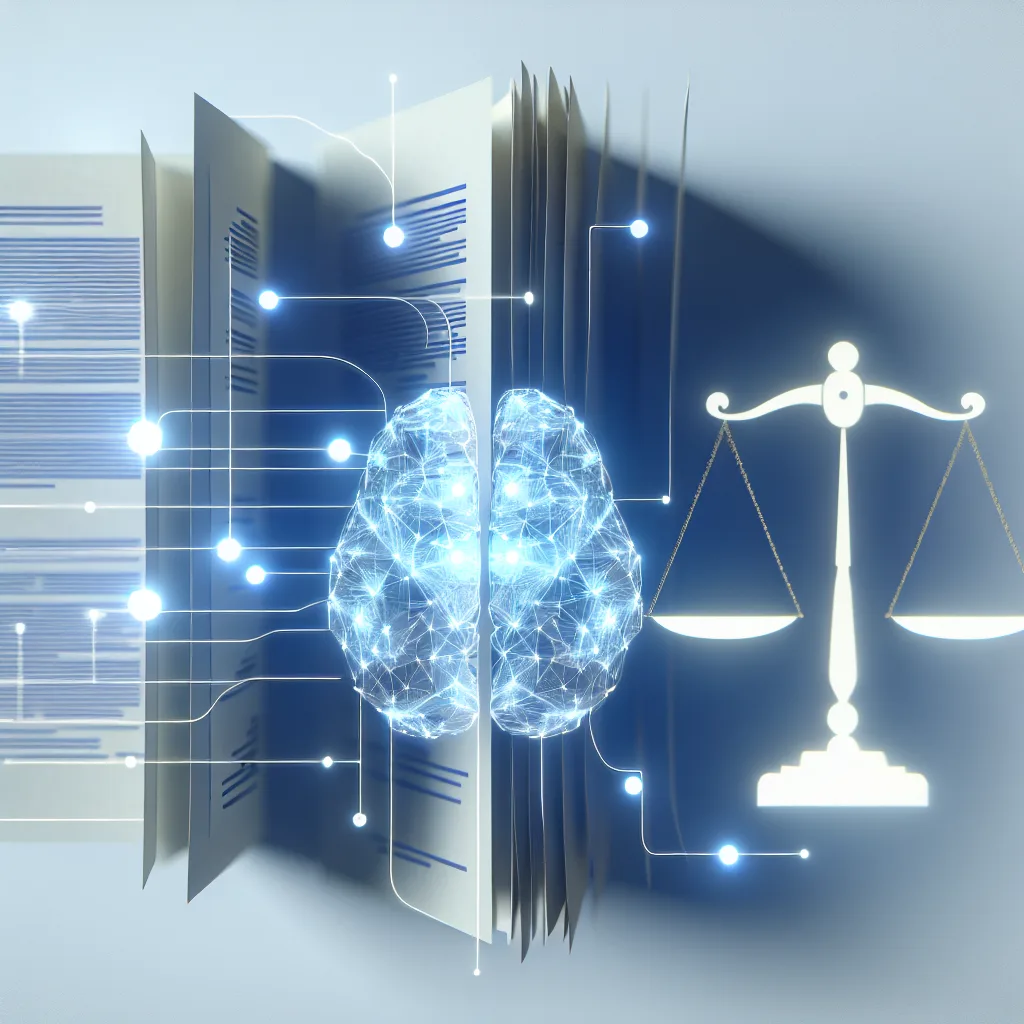How Jus Mundi’s Jus AI 2 Is Shaping the Future of Legal Technology and AI’s Growing Impact
If you’ve ever wondered how artificial intelligence is changing the legal field, you’re in for an interesting update. Legal AI technology is evolving rapidly, with new tools that not only do legal research but also think through problems more like a human lawyer would. One example making waves right now is Jus Mundi’s Jus AI 2, touted as a breakthrough that combines agentic reasoning with research control — a major step forward in how AI assists in legal work.
What Makes Jus AI 2 Special in Legal AI Technology?
What caught my attention about Jus AI 2 is its agentic reasoning ability. Unlike typical AI that mainly processes data, this tech tries to reason agentically — meaning it takes initiatives to think through legal problems logically, almost as if it acts with agency or independence. It pairs this with tight research control, ensuring the information it bases its reasoning on is accurate and reliable. For lawyers and researchers, that’s a big deal because it cuts down hours of digging through documents and reduces errors.
No doubt, legal AI technology like this could change how law offices operate, making legal services swifter and more efficient. If you want to learn a bit more about Jus Mundi and their innovations, their official site is a good place to start: Jus Mundi.
Bigger AI Boom: A $100 Billion Opportunity
Jus AI 2 isn’t the only exciting news in AI this year. There’s a broader AI boom expected to bring about $100 billion in new value. From healthcare innovations—like Oracle’s launch of an AI Center of Excellence for healthcare—to AI-powered partnerships that push the tech boundaries further, the landscape is buzzing with activity.
For example, Cognition AI just hit a $10 billion valuation after fresh funding, signaling strong investor faith despite economic ups and downs. Plus, Mistral AI recently doubled its valuation to $14 billion thanks to investment from ASML, a major player in semiconductor manufacturing. These growth stories point to AI’s solid footing in the marketplace.
Navigating AI Regulation and Industry Impact
As AI technology, including legal AI technology, advances, regulation is catching up. Different countries are shaping frameworks to guide AI’s safe, ethical use. For instance, China’s robotics firm Unitree is eyeing a huge IPO that could affect global AI compliance standards, while the US debates policies ensuring safe AI chip production tailored for American users first.
These regulations aren’t just red tape; they influence how companies innovate and apply AI — especially in sensitive fields like law and healthcare where accuracy and ethics are crucial.
What This Means for You
Whether you’re just curious or professionally involved in legal or tech sectors, now’s a fascinating time to watch legal AI technology evolve. These advancements don’t just promise efficiency; they hint at smarter, more responsible uses of AI.
So next time you hear about AI breakthroughs or the big funding rounds, remember it’s more than buzz. It’s the groundwork for tools that might soon help you with legal advice, healthcare decisions, or even how your data is protected.
For further reading about the AI industry trends and legal AI developments, you might find these resources useful:
– LawSites on Jus AI 2
– Bloomberg on AI Valuations
– Oracle AI Healthcare Center
Stay curious and keep an eye on how legal AI technology opens new doors!
